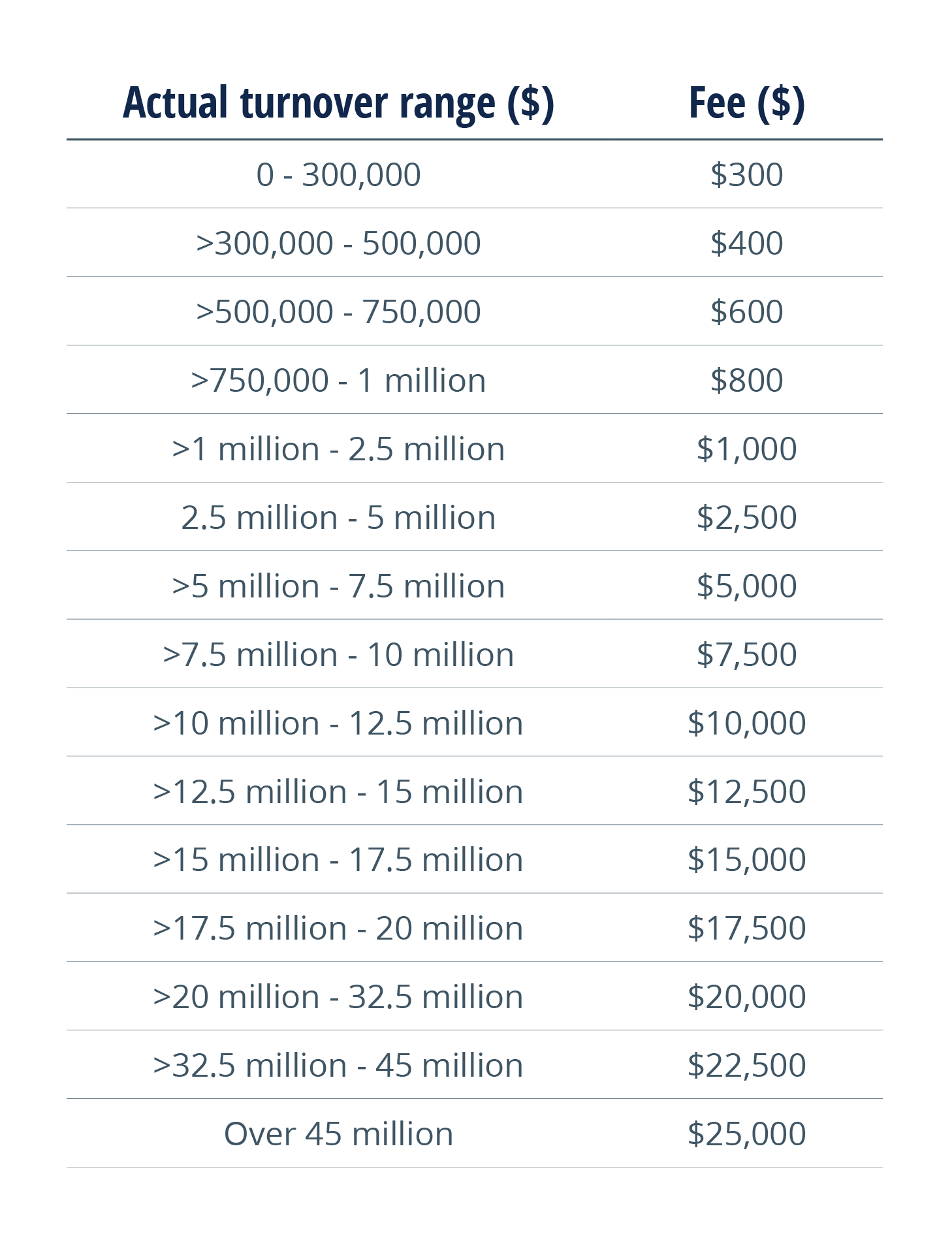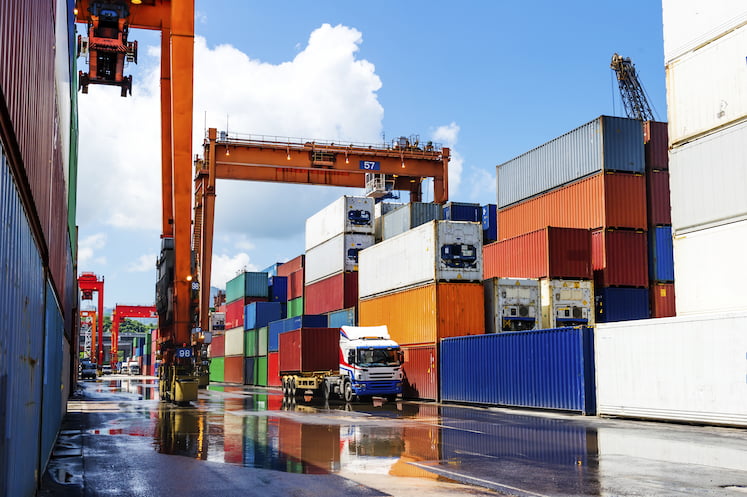With local and global demand for Australian-made products growing, more businesses are looking to access the benefits of the Australia Made, Australia Grown (AMAG) logo.
Here, we break down how you can use the logo to help propel your own business.
The iconic green and gold AMAG logo is administered and promoted by Australian Made Campaign Limited: a not-for-profit public company established by Australia's chamber network and the National Farmer's Federation in 1999.
Leading retailers like Coles, Woolworths and eBay have thrown their support behind the logo, along with many corporate organisations, local governments, and industry associations.
Australian Made Campaign Limited is responsible for three activities:
Compliance

Licensing

Promotion

Auditing, complaints, enforcement and policy
Product certification, corporate partnerships
Marketing (B2C & B2B), public relations, media and advertising, social media and digital presence
The team is spread out across Australia and includes key liaisons in each state. In WA, you can find support for your AMAG logo application from CCIWA's International Trade and Investment Centre.
How to apply to use the logo





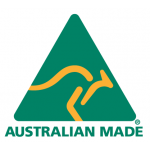
What counts as 'made in Australia'?
To make a ‘made in Australia’/country of origin claim, goods must satisfy the requirements set out in Australian Consumer Law.
Under the ACL, a good may safely represent that it was made in a particular country if it can demonstrate that it underwent its last substantial transformation in the country claimed.
Substantial transformation
Goods are ‘substantially transformed’ in a country if:
- they were grown in or ‘produced in’ that country; or
- as a result of one or more processes undertaken in that country, the goods are fundamentally different in identity, nature or essential character from all of their ingredients, or components that were imported into that country.
As a simple example, you can take a cake: If you import every single ingredient, but if you make a cake in Australia, you can legally claim it's an Australian-made cake.
The definition of 'substantial transformation' becomes more difficult and subjective when you enter more complicated areas of manufacturing.
The AMAG compliance team have to be satisfied that the product meets the 'substantial transformation' test.
The compliance team may require more information around how you're making your product: where your materials are coming from, what your processes are and who's undertaking them.
Using the logo
The AMAG logo is accompanied by the following descriptors.
Australian Made
Australian Grown
Product of Australia
Australian Seafood
Australian
Australian Food Labelling
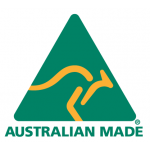
The product has undergone its last substantial transformation in Australia.
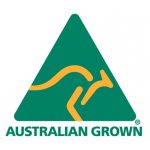
All of the product's significant ingredients have been grown in Australia, and all, or nearly all, of the processing has been carried out in Australia.
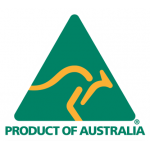
All of the product's significant ingredients come from Australia, and all, or nearly all of the manufacturing or processing has been carried out in Australia.
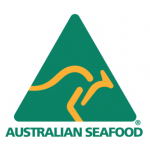
The product is a seafood product, and all of the product's significant ingredients have been grown or harvested in Australia; and all, or nearly all, of the processing has been carried out in Australia.
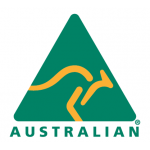
Can only be used in export markets, and the product must satisfy the criteria for at least one of the four preceding claims, and not be misleading.
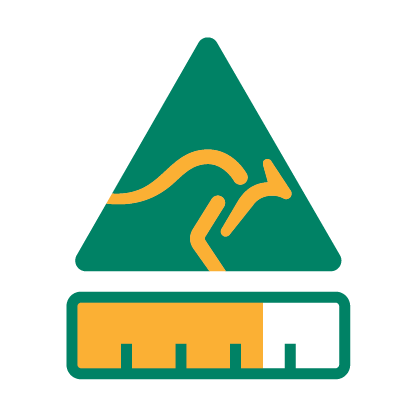
The Australian Government has incorporated the Australian Made, Australian Grown kangaroo logo into a new country of origin label. Read more...

Australian ownership
The AMAG logo was created to help consumers identify where products are made and grown, rather than ownership. However, companies may choose to add the 'and owned' descriptor.
Fees
The annual licence fee is based on the actual sales of licensed products for the previous 12
months.
The minimum fee is $300 plus GST for annual sales up to $300,000.
Start-up businesses are automatically charged the minimum fee as they have no previous year turnover.
Benefits of AMAG
Roy Morgan research from 2020 shows almost all Australian consumers recognise the AMAG logo, while nine out of 10 believe Australia should produce more products locally.
Meanwhile, in 2020, Horizon Research found consumers from a range of key global markets perceived Australian products to be of quality, safe and ethical compared to other similar local or imported products.
